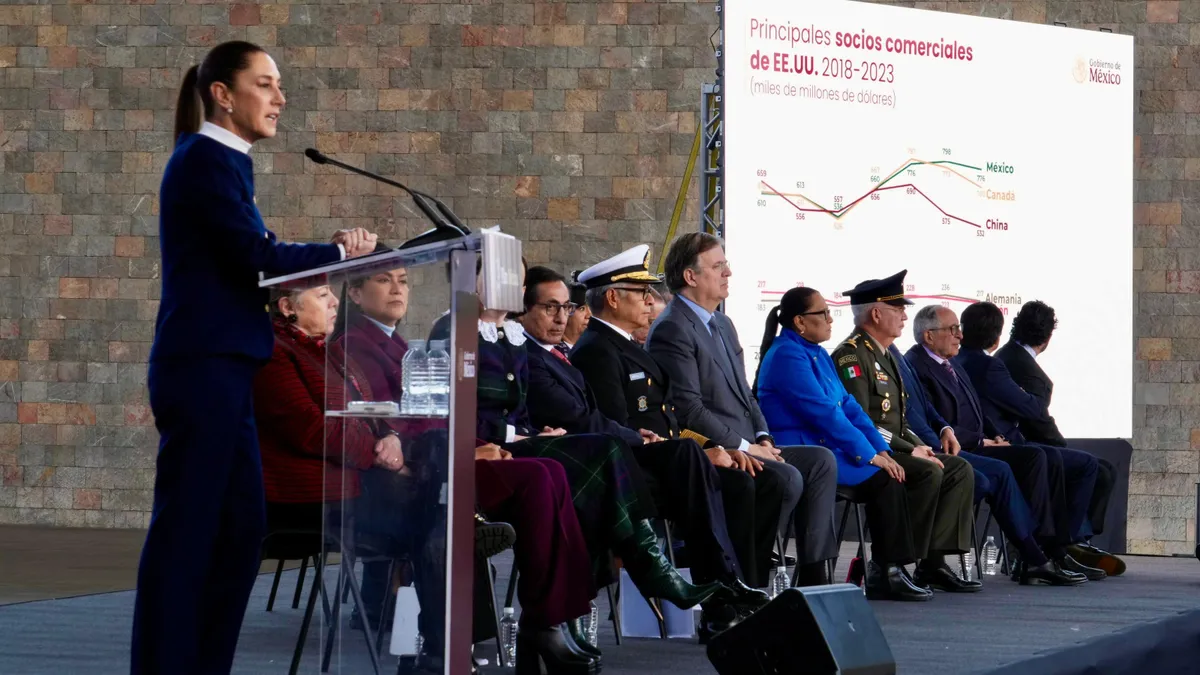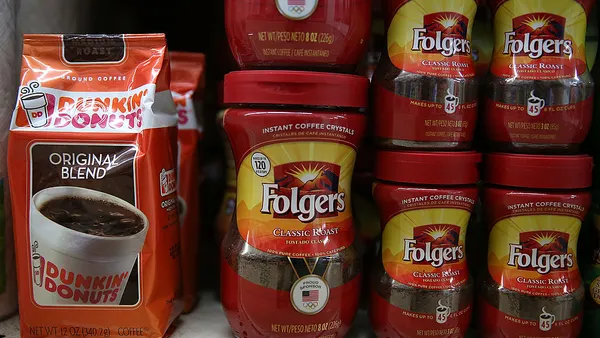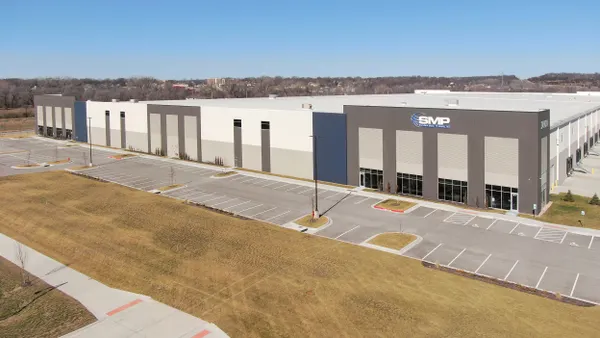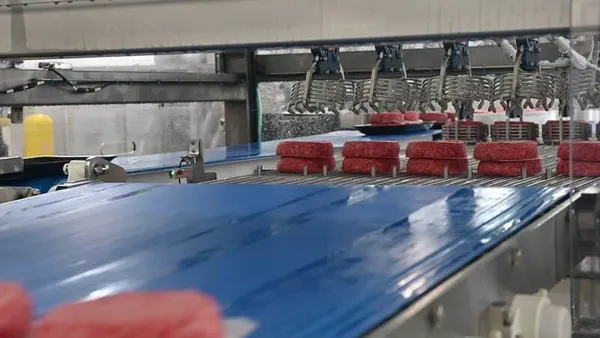Dive Brief:
- Mexico’s President Claudia Sheinbaum on Tuesday launched a 30 billion peso ($1.4 billion) nearshoring incentive package designed to strengthen the country’s role in regional supply chains, through an executive decree.
- The majority of the funds, up to 28.5 billion pesos, will be awarded to companies investing in new fixed assets in the country. The remaining 1.5 billion pesos are set aside for training and innovation incentives.
- A federal committee will award the funding using guidelines that will be published in the next two months. The funds will be available until Sept. 30, 2030.
Dive Insight:
Sheinbaum positioned the nearshoring package as part of a multi-pronged plan to grow Mexico’s economy — called Plan México — in part by embracing its role in manufacturing inputs for North America’s supply chains.
“What we are looking for is for many of the inputs in various economic sectors to be made in Mexico,” Sheinbaum said in Spanish on Jan. 17, in response to a question about the incentive package.
The package’s goals would include strengthening the national economy while increasing regional integration, jobs, pay and overall wellbeing, Sheinbaum said. Furthermore, it would help Mexico substitute imports with domestically produced goods.
Days earlier, as federal officials unveiled their long-term economic goals under Plan México, several also took time to explain why Mexico was focused on pushing nearshoring and regional integration.
Rogelio Ramírez de la O, the country’s treasury and public credit secretary, said that Mexican officials have previously told their U.S. counterparts that replacing 10% of North America’s imports from China with regionally-produced goods would lead to growth across the continent.
“Mexico would grow its GDP by 1.2% more than normal, the U.S. would grow by 0.8% more and Canada would grow by 0.2% more,” Ramírez de la O said in Spanish on Jan. 13.
The nearshoring package released on Tuesday is part of a broader plan to achieve those goals, but it mirrors a playbook used by other presidents to incentivize investments across the region.
U.S. legislators, for example, subsidized investments in electric vehicles and semiconductors with the passage of the Inflation Reduction Act and the CHIPS Act during then-President Joe Biden’s administration. Similarly, Mexico’s former president Andrés Manuel López Obrador in 2023 launched a program subsidizing foreign direct investment in those same industries, among others.
However, Sheinbaum’s incentive package — which replaces her predecessor’s — takes a different approach: rather than subsidize some industries with an indefinite pool of money, it sets aside a specific amount of money and opens the door to both foreign and domestic companies, in any sector, that could meet the program’s goals.
Broadening the funding was necessary to push domestic companies of all sizes to better integrate into regional supply chains, according to the decree.















